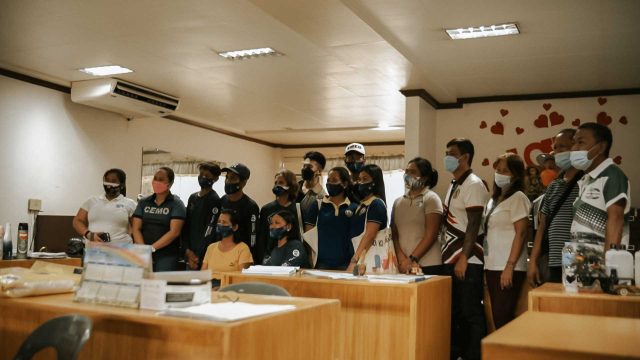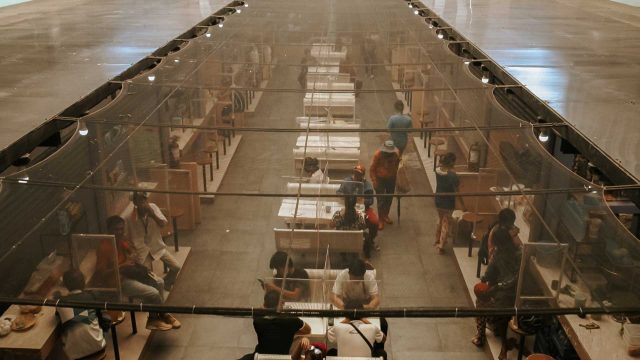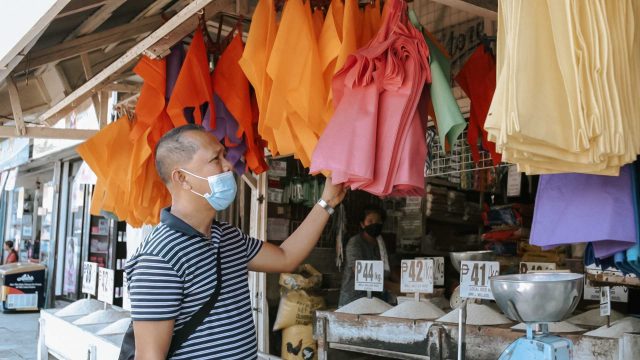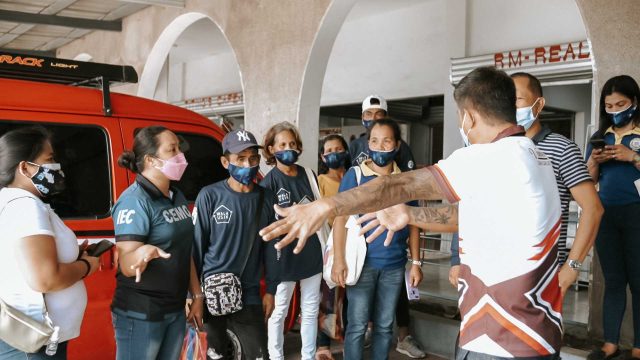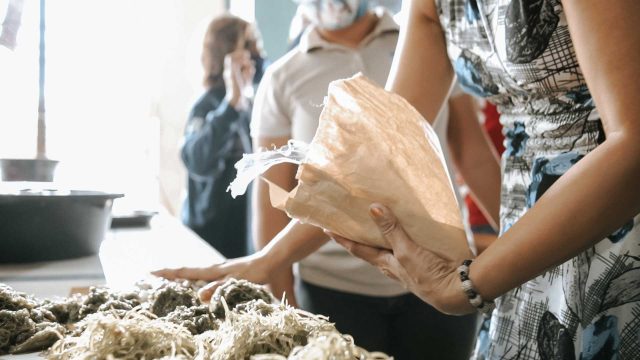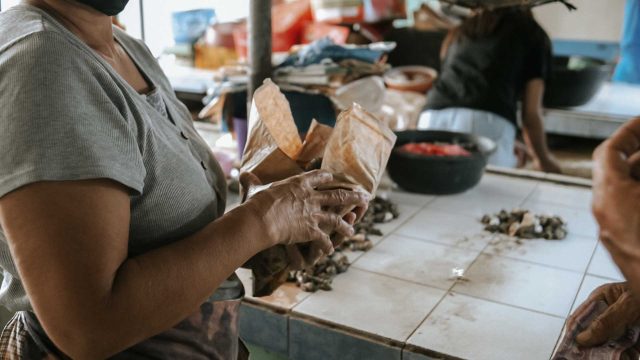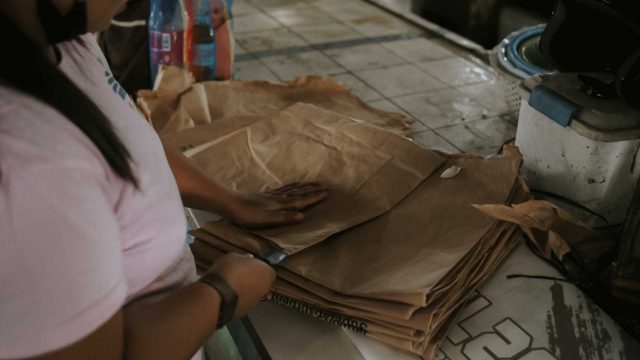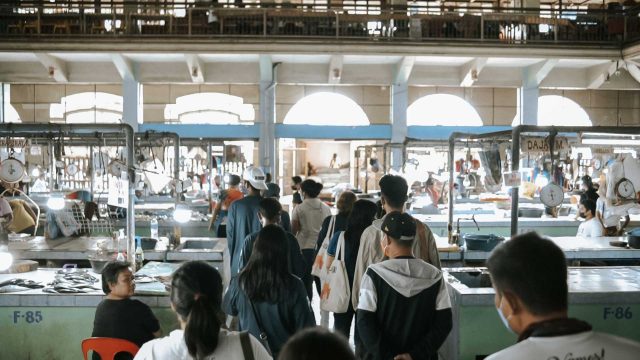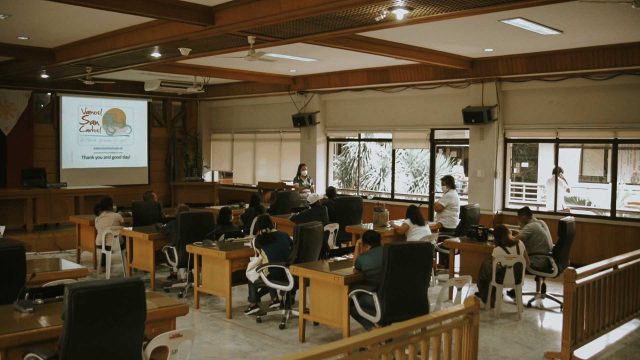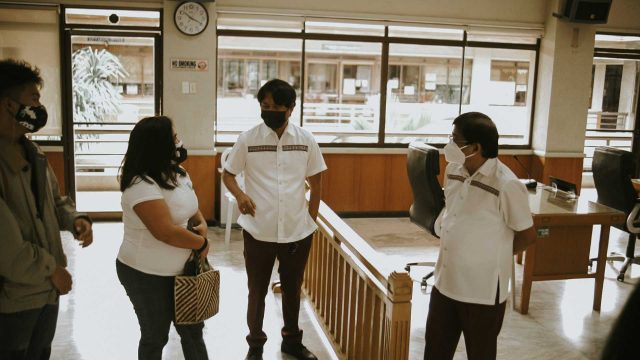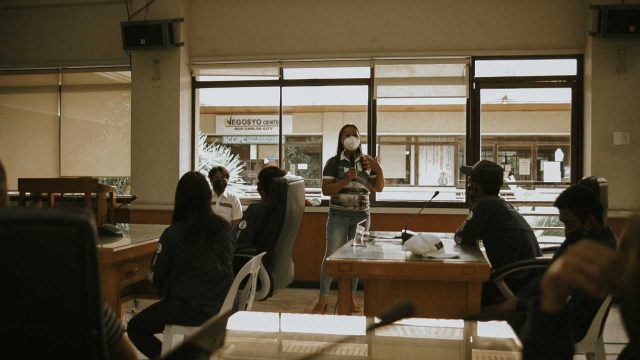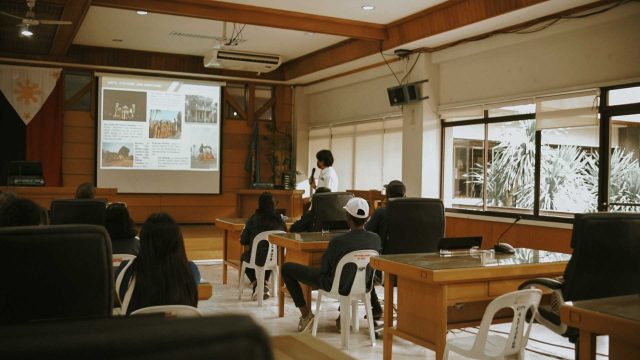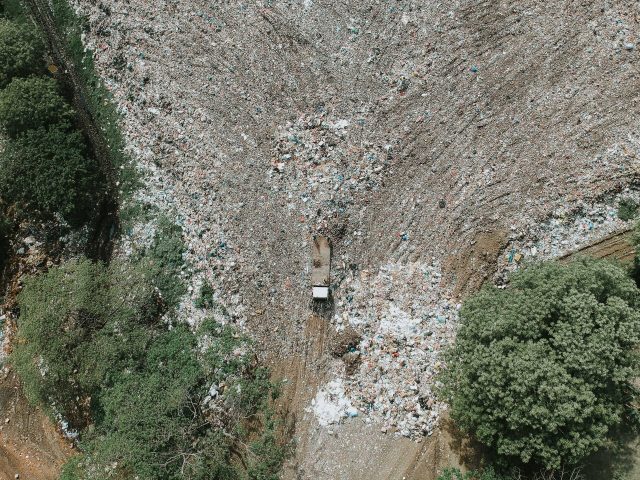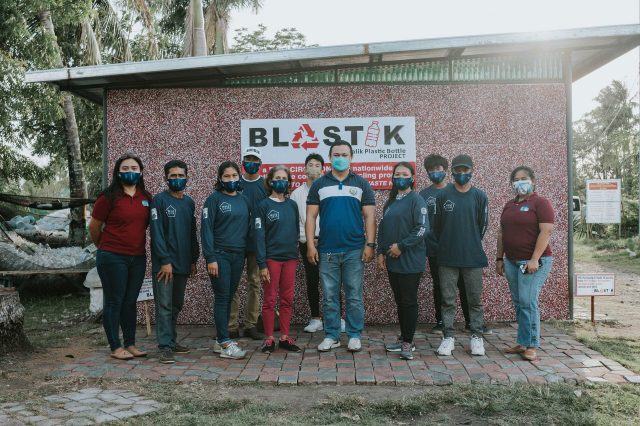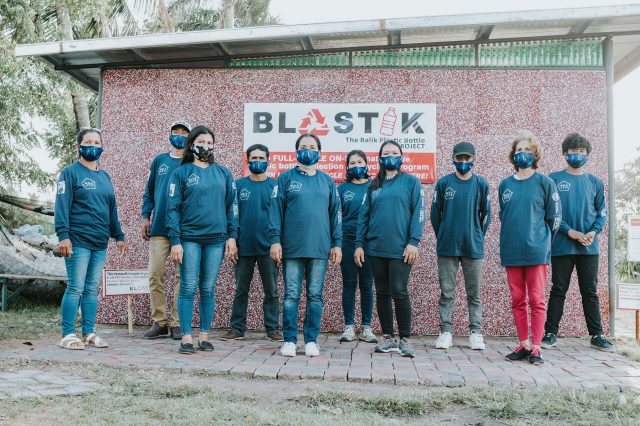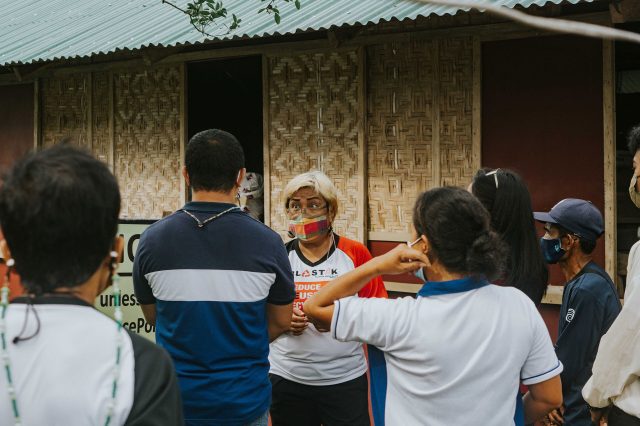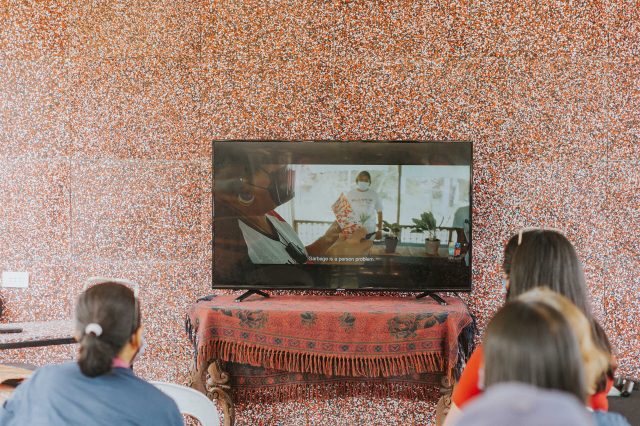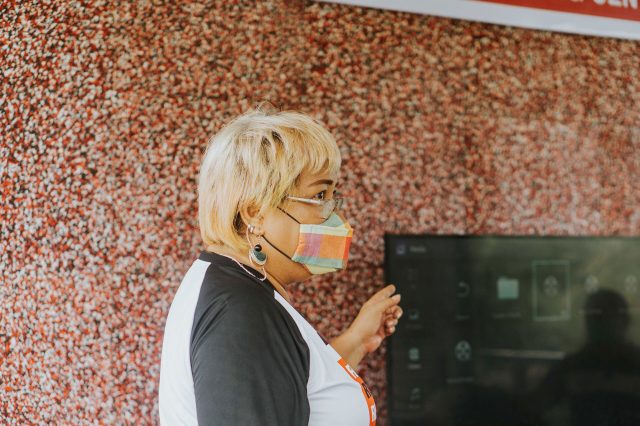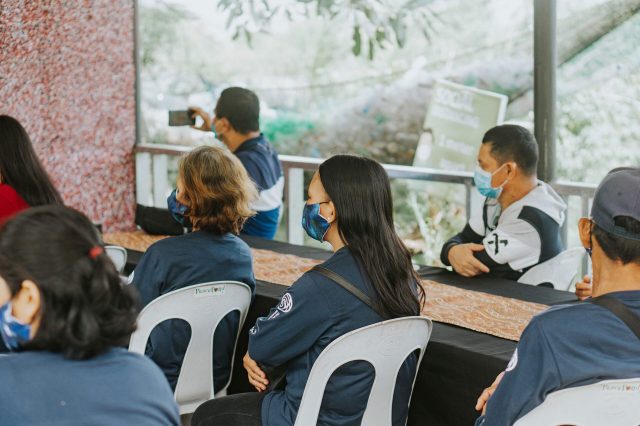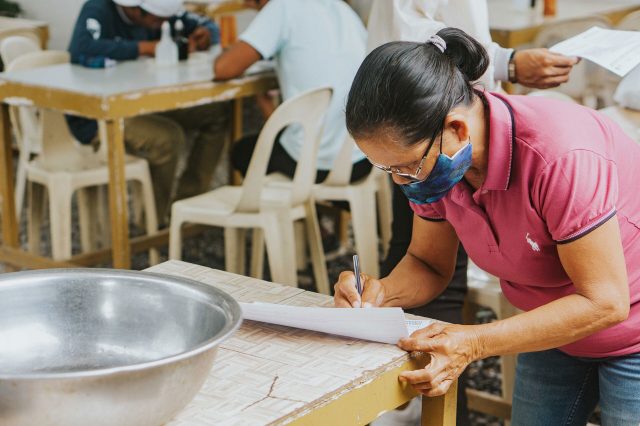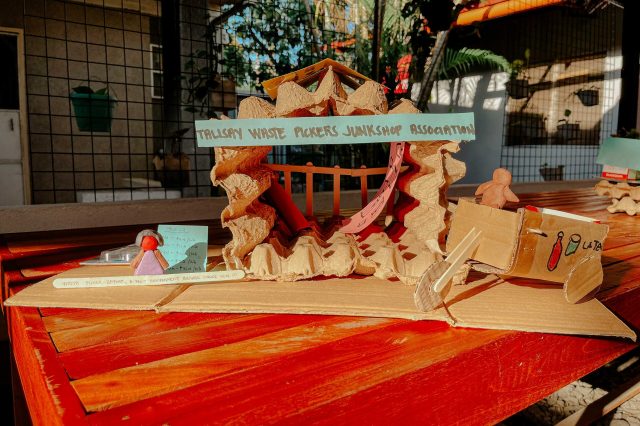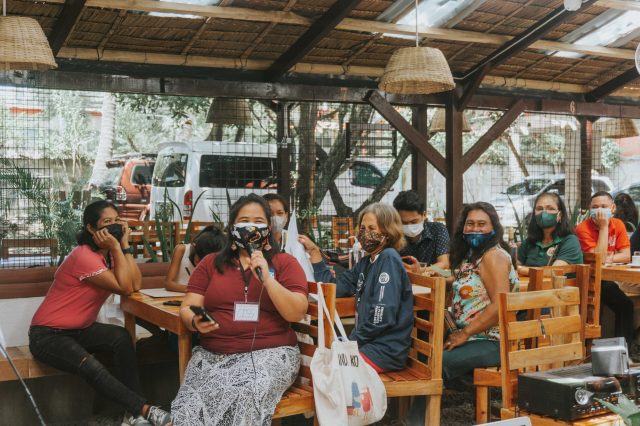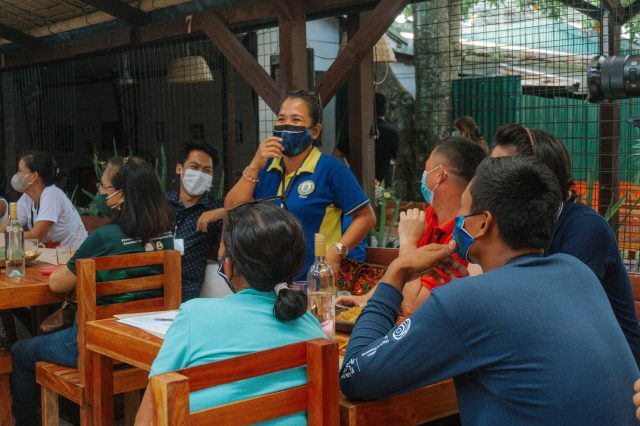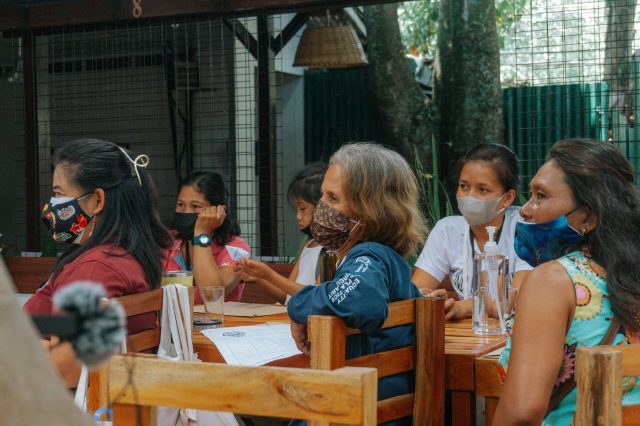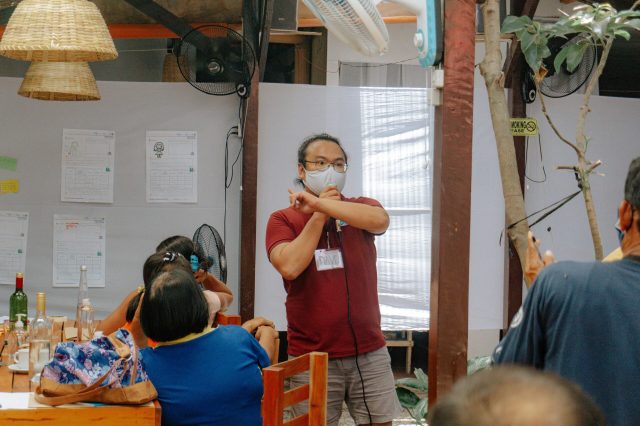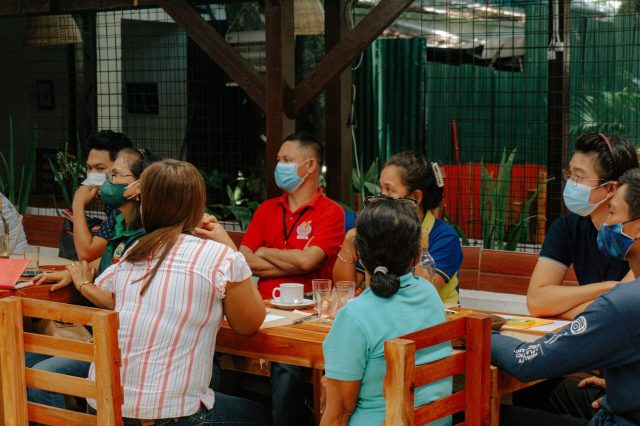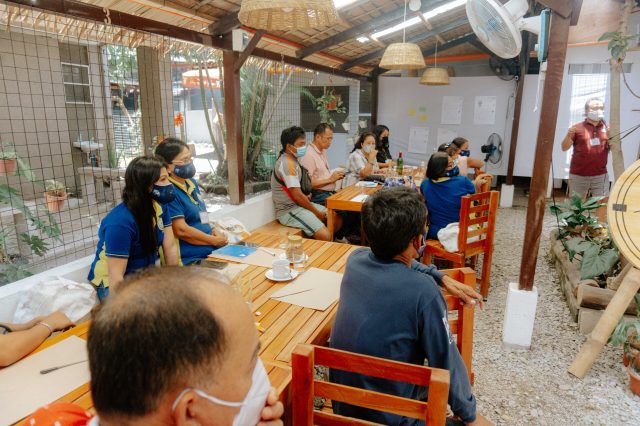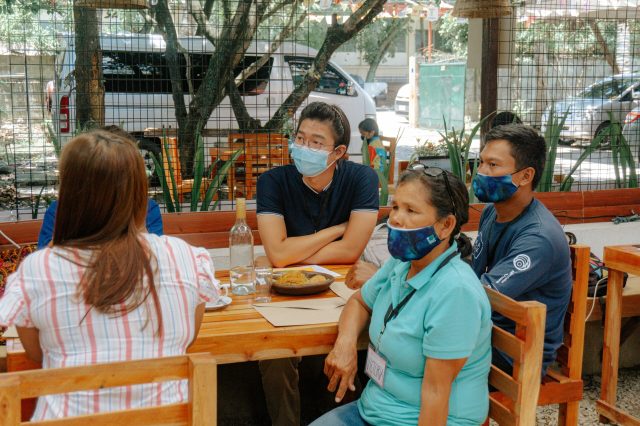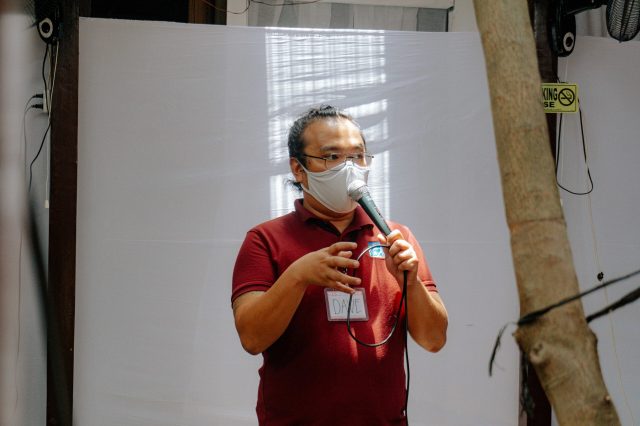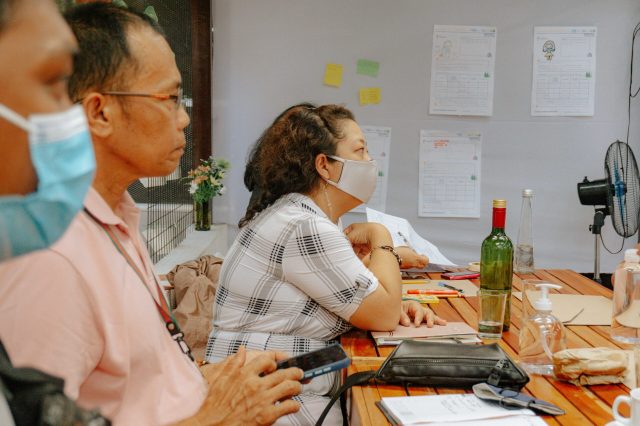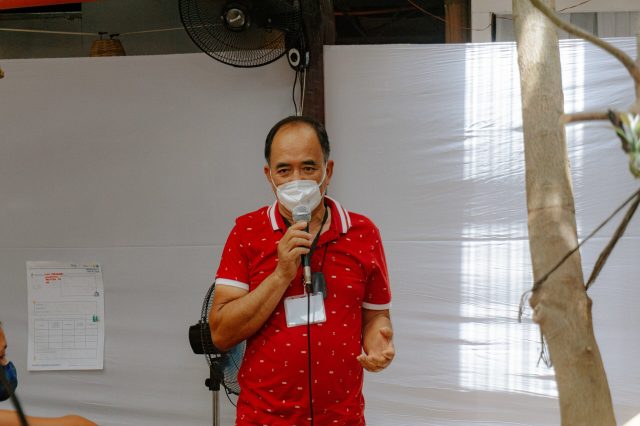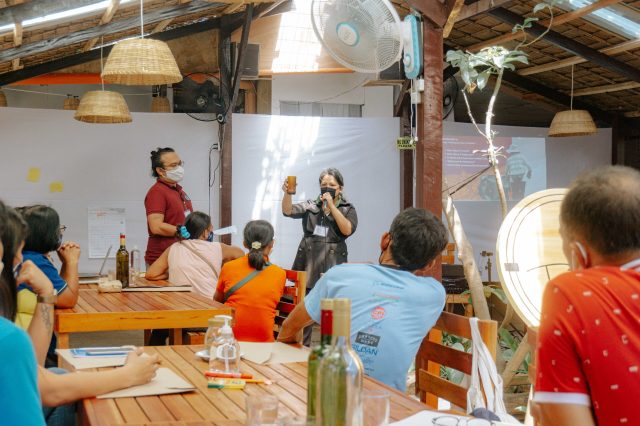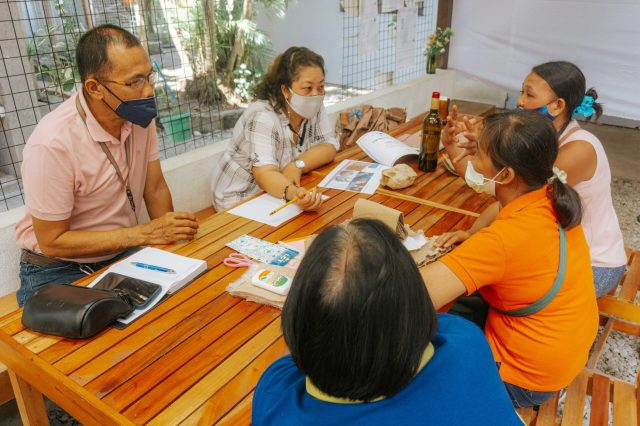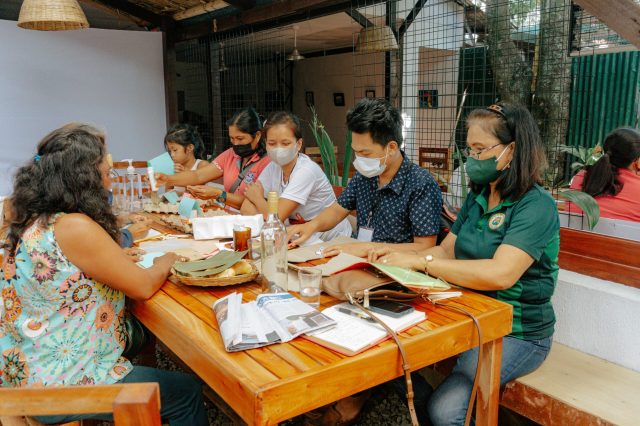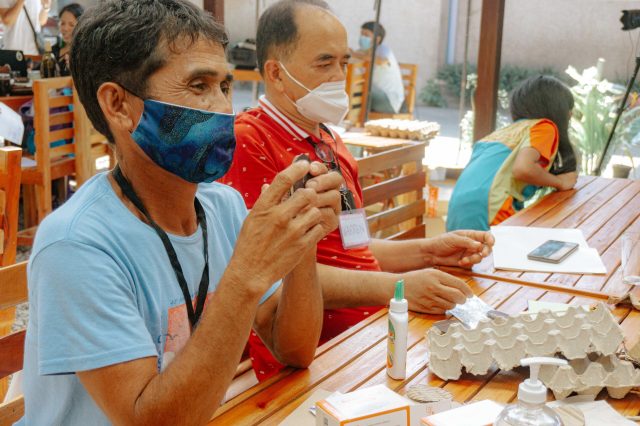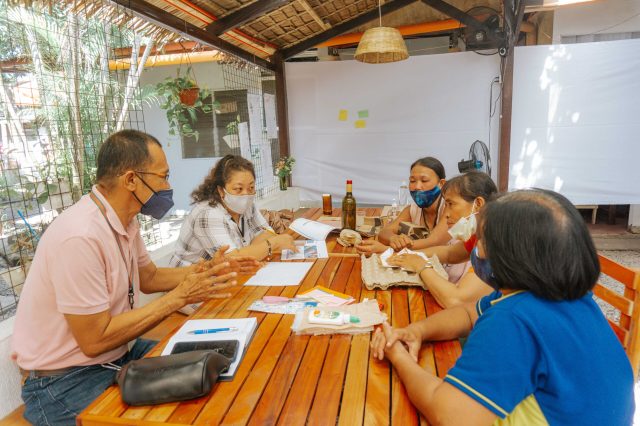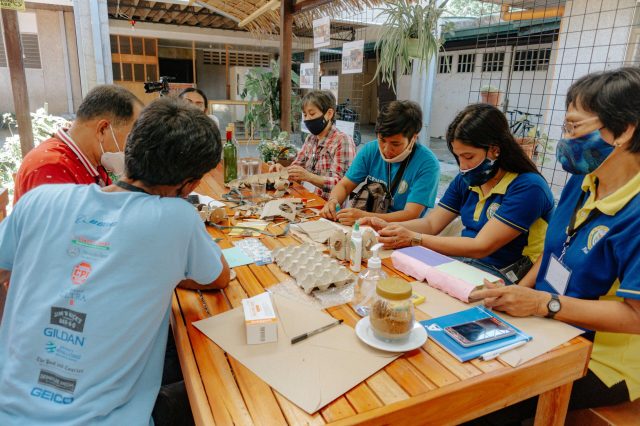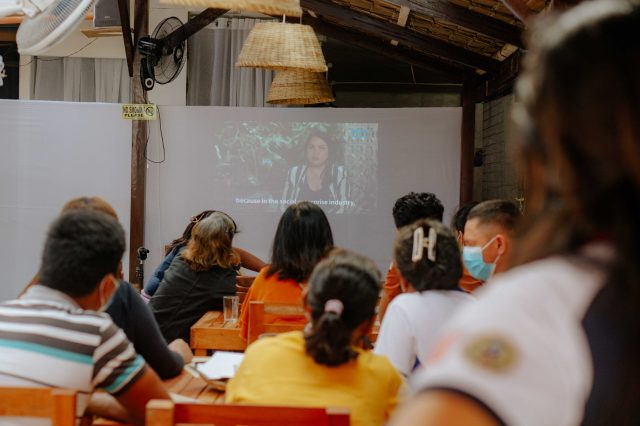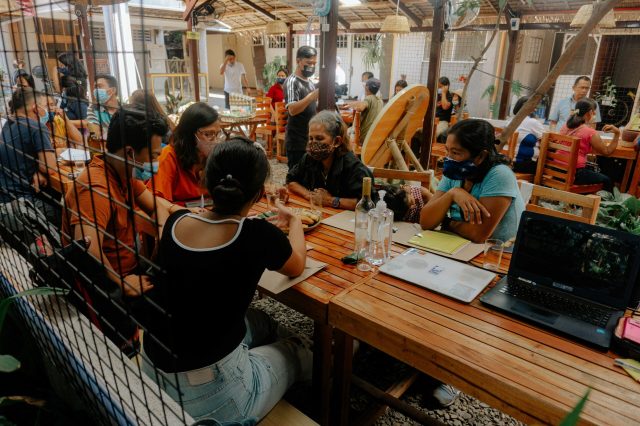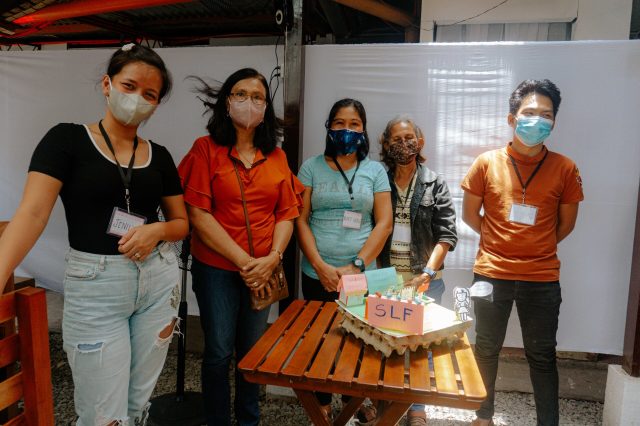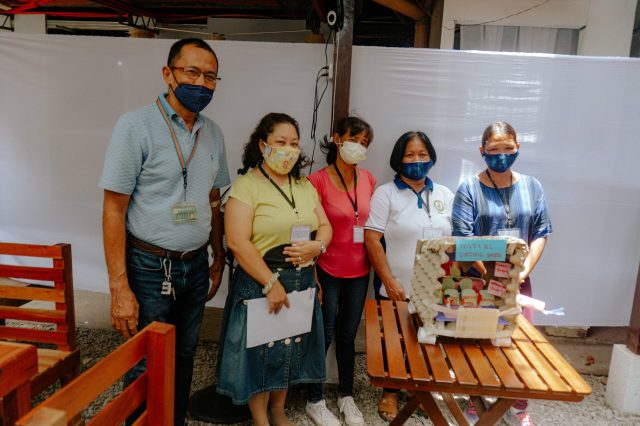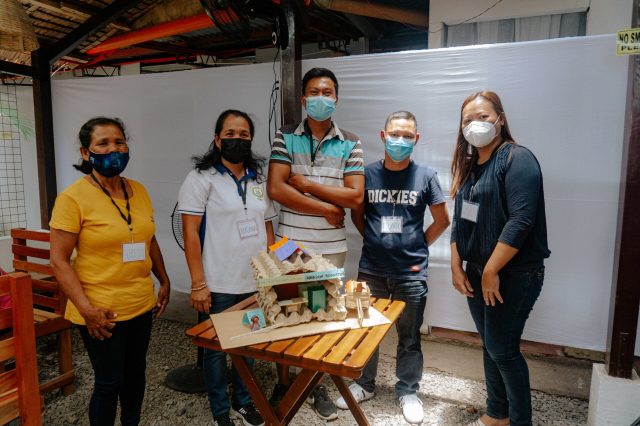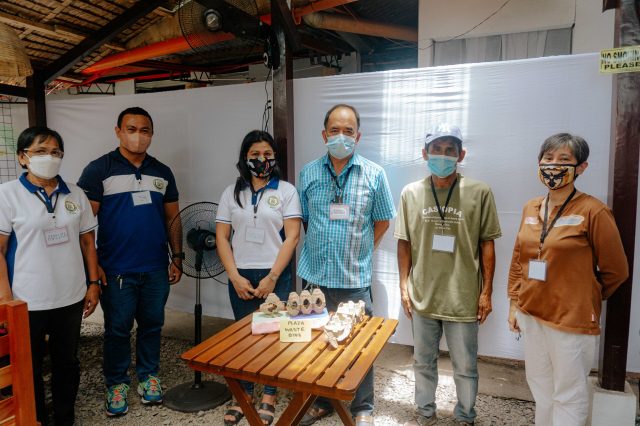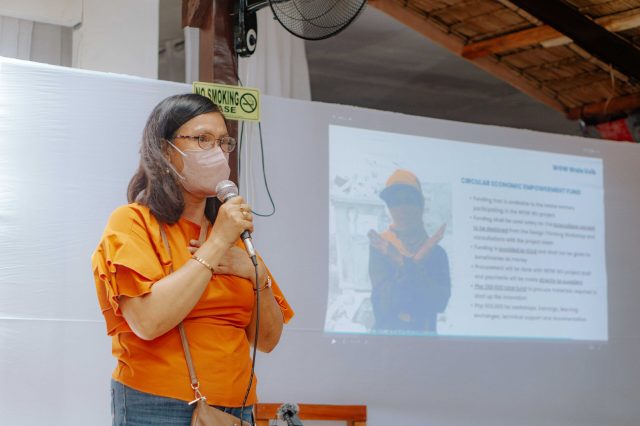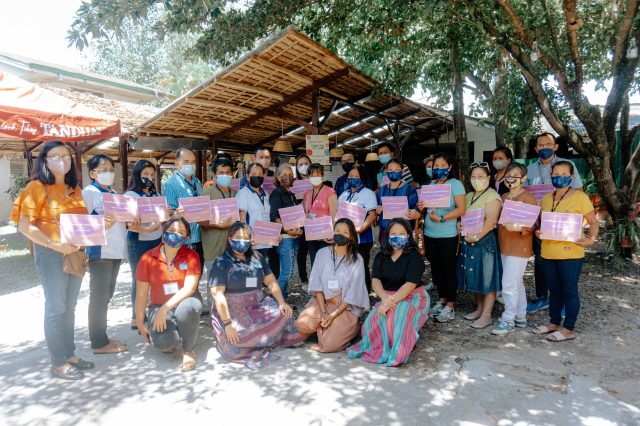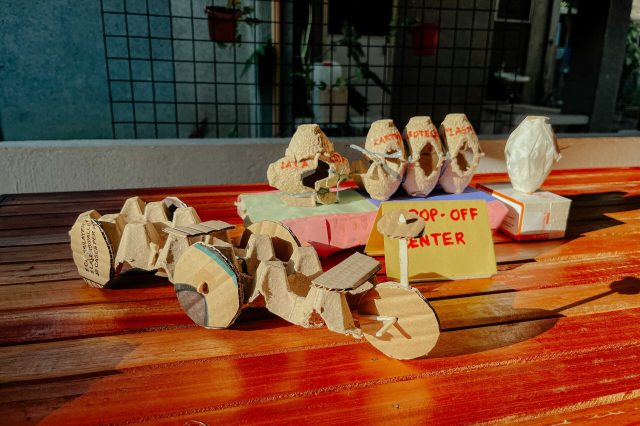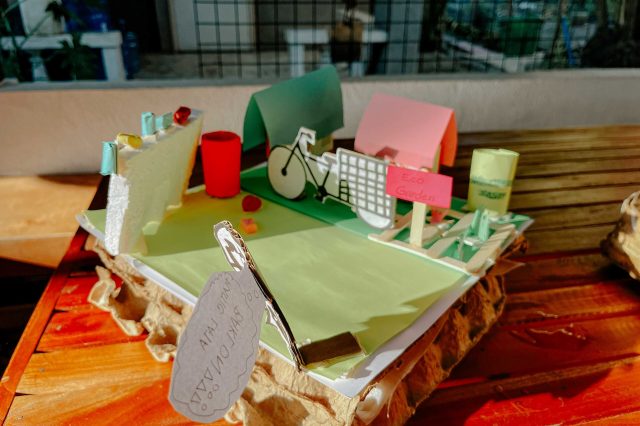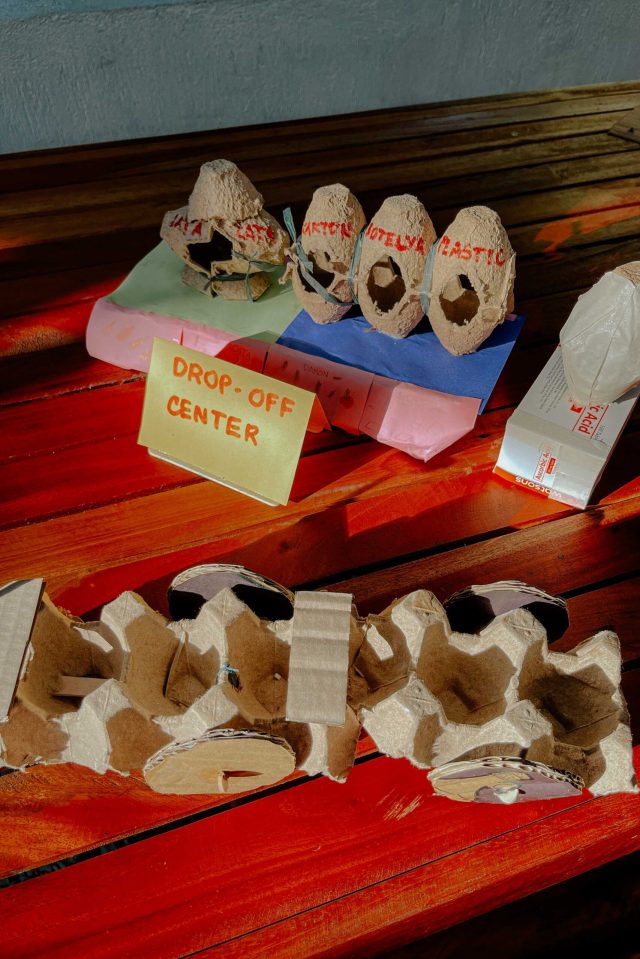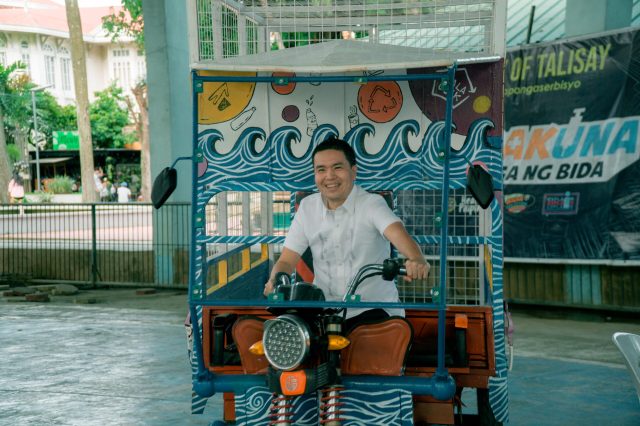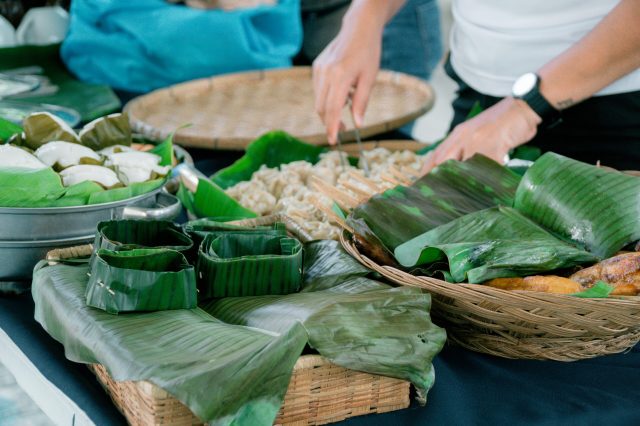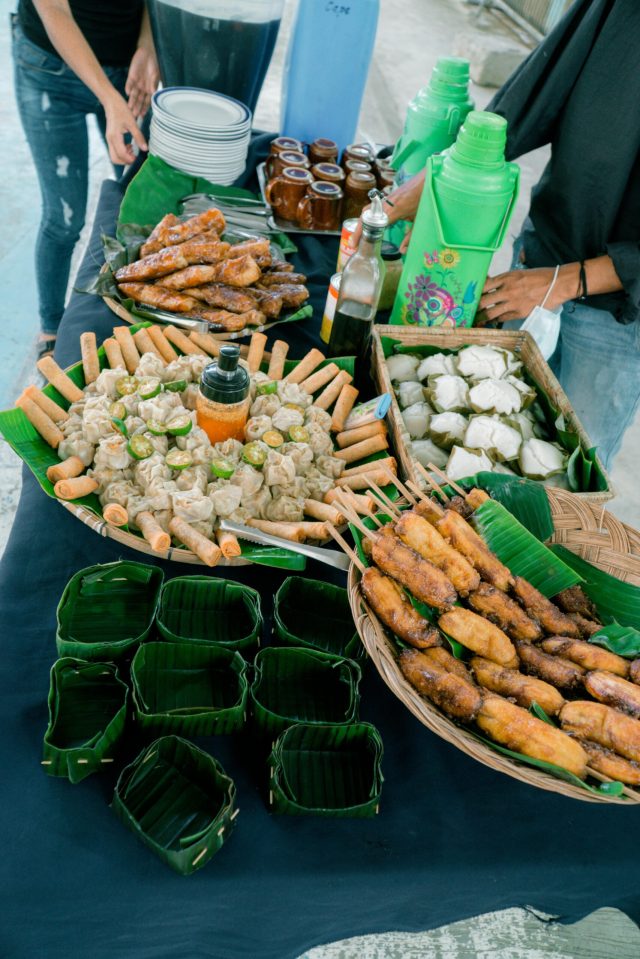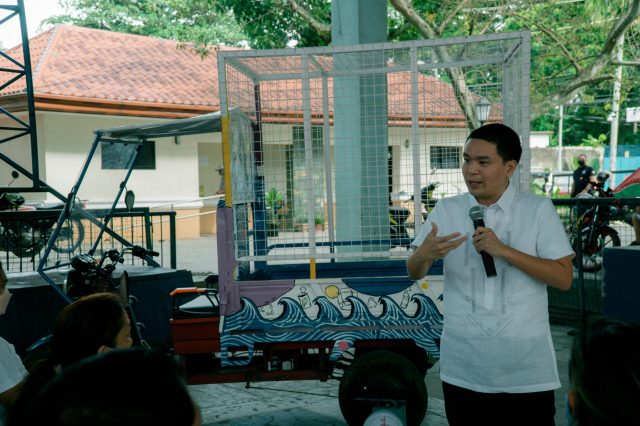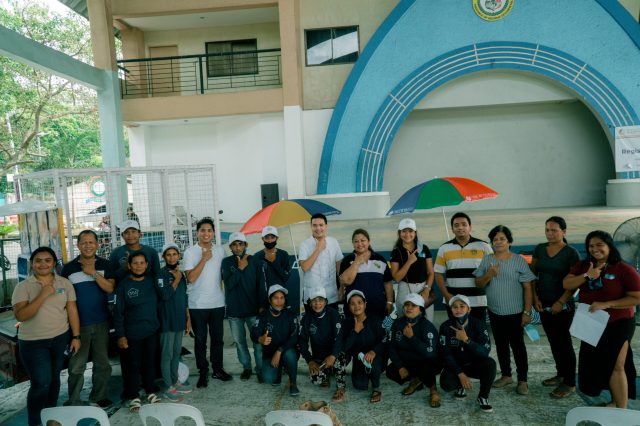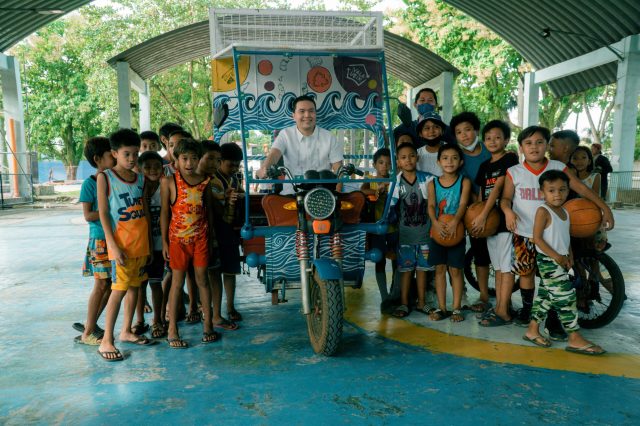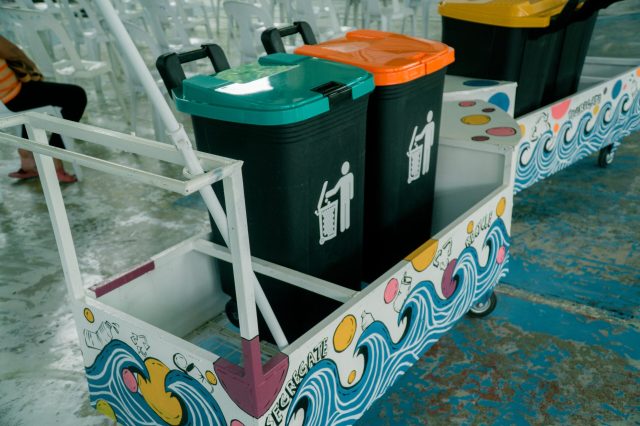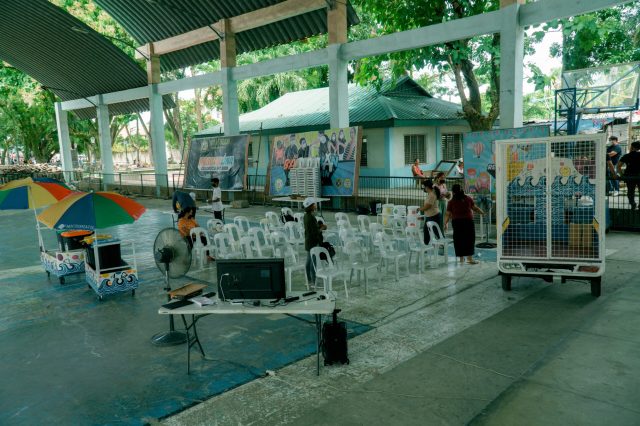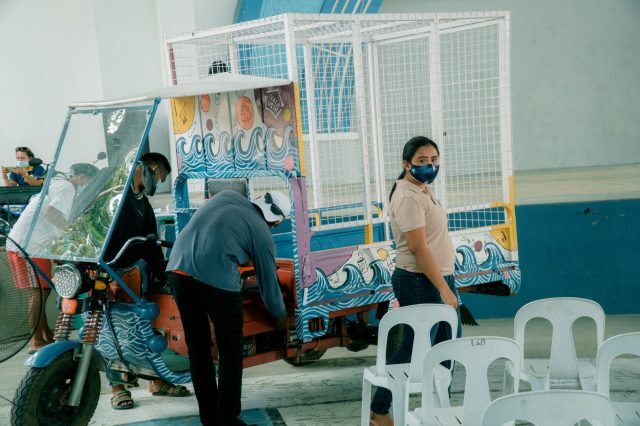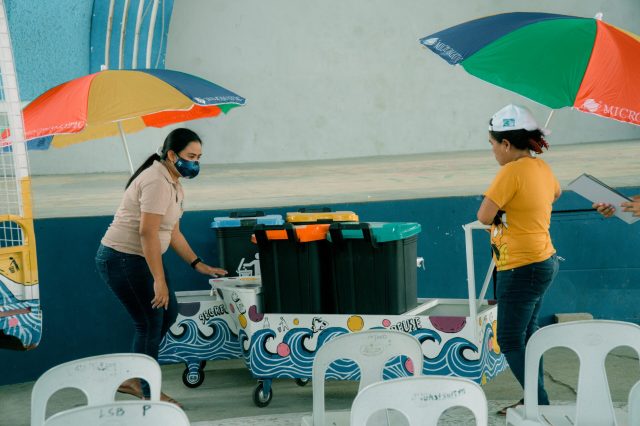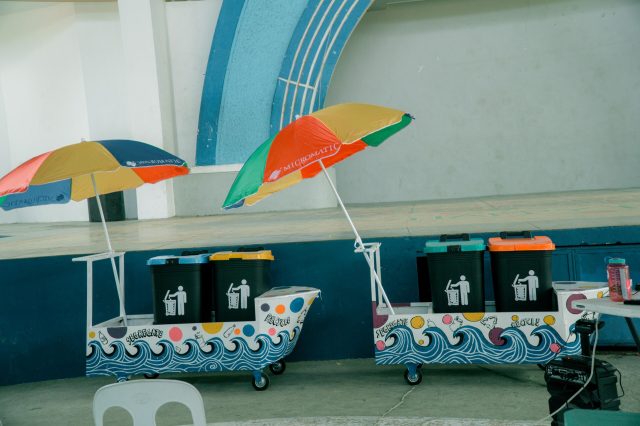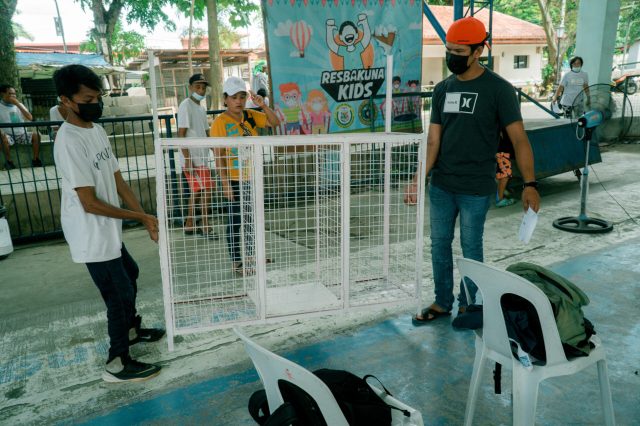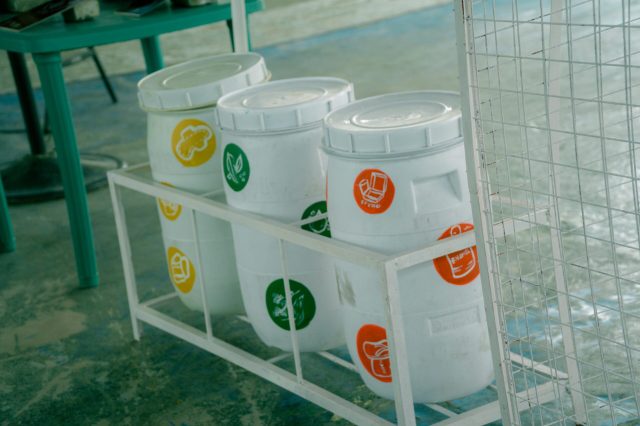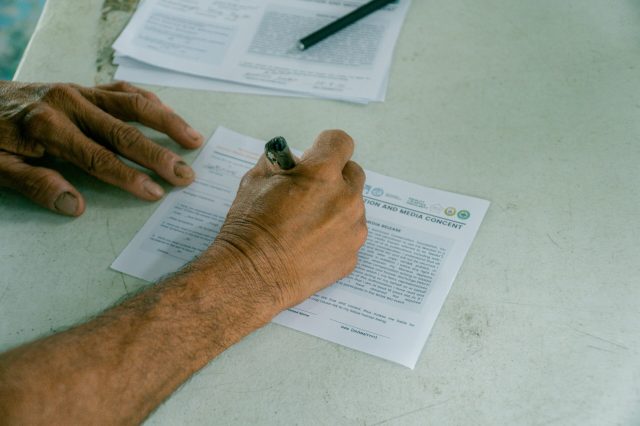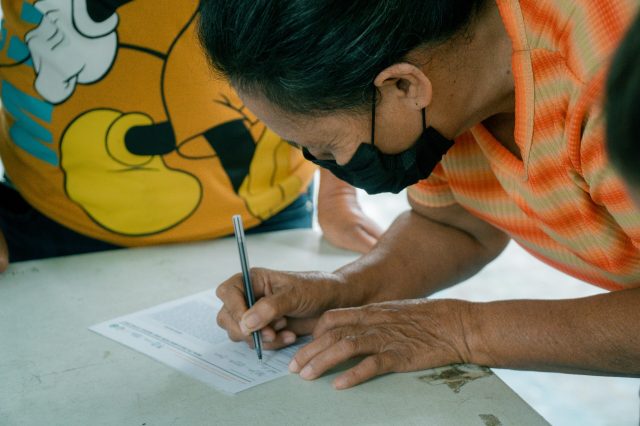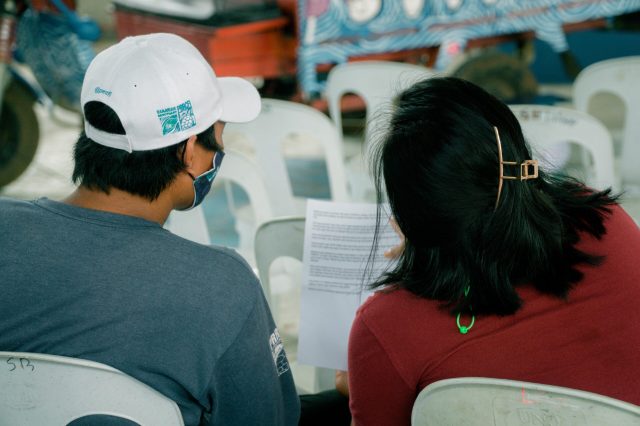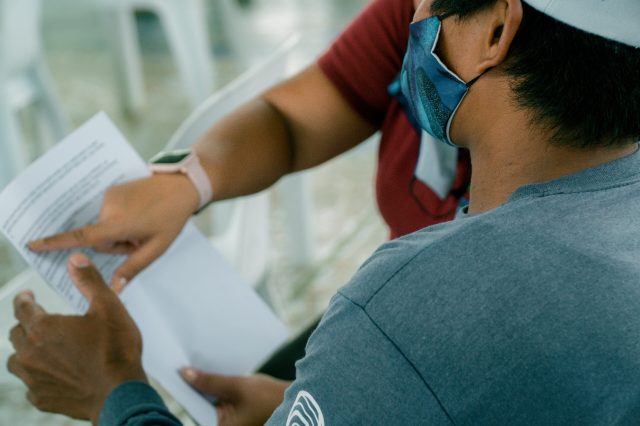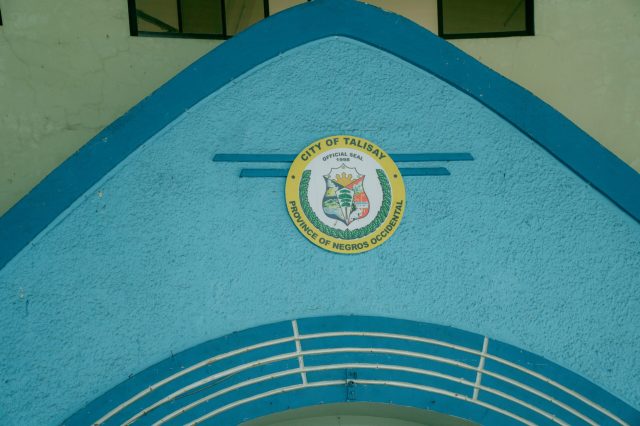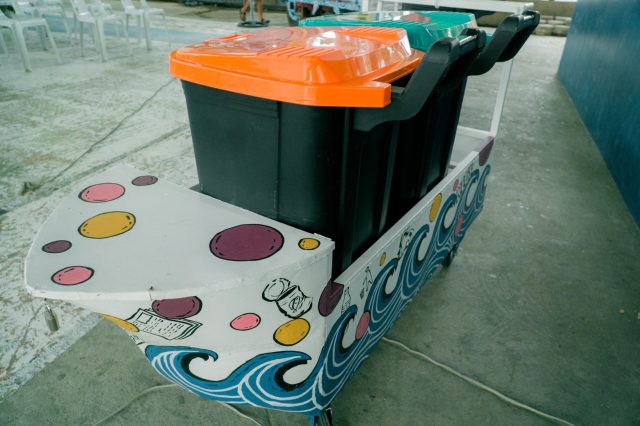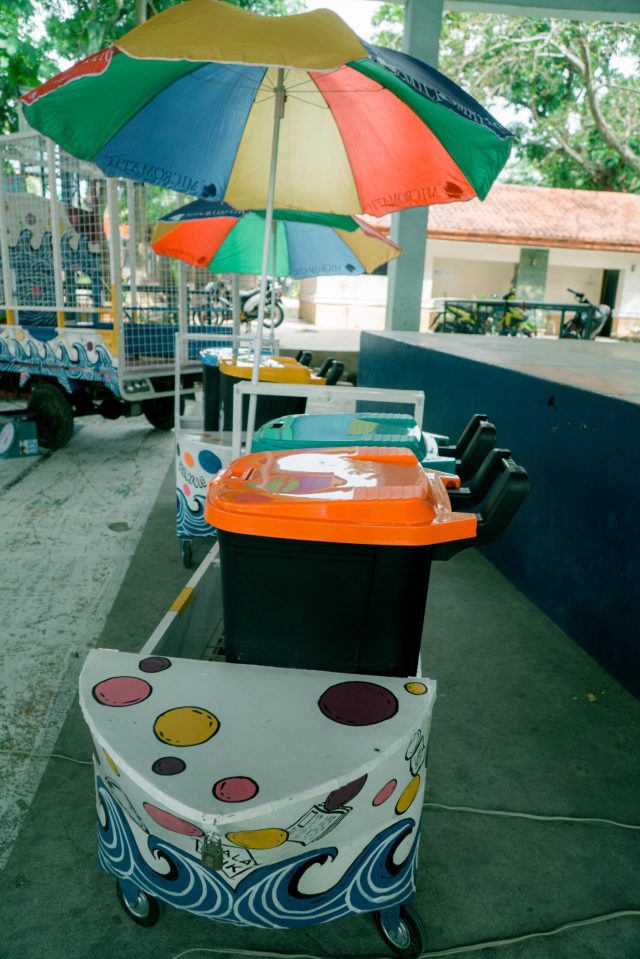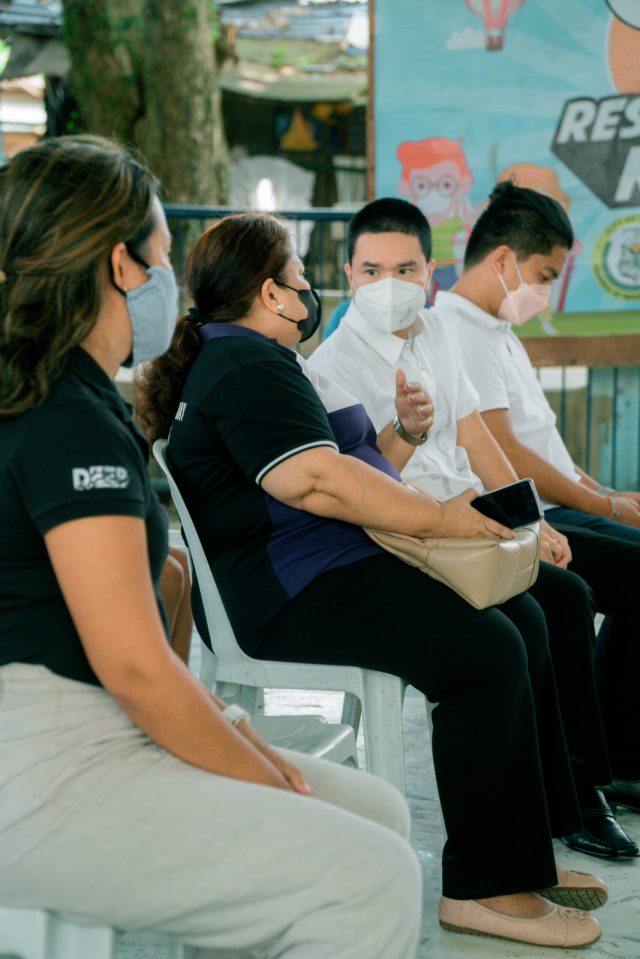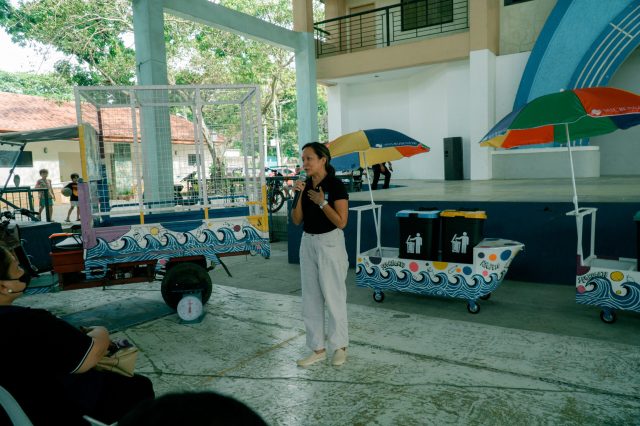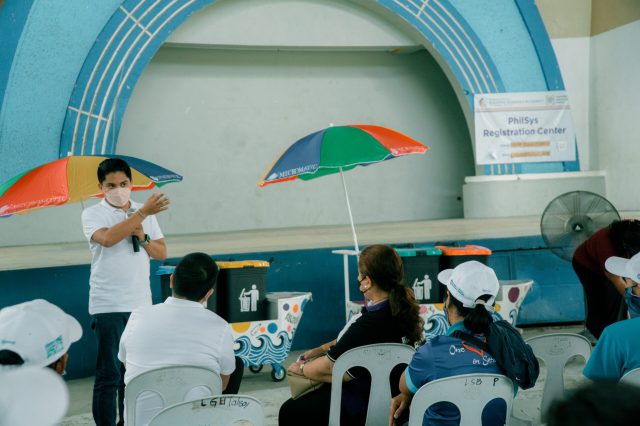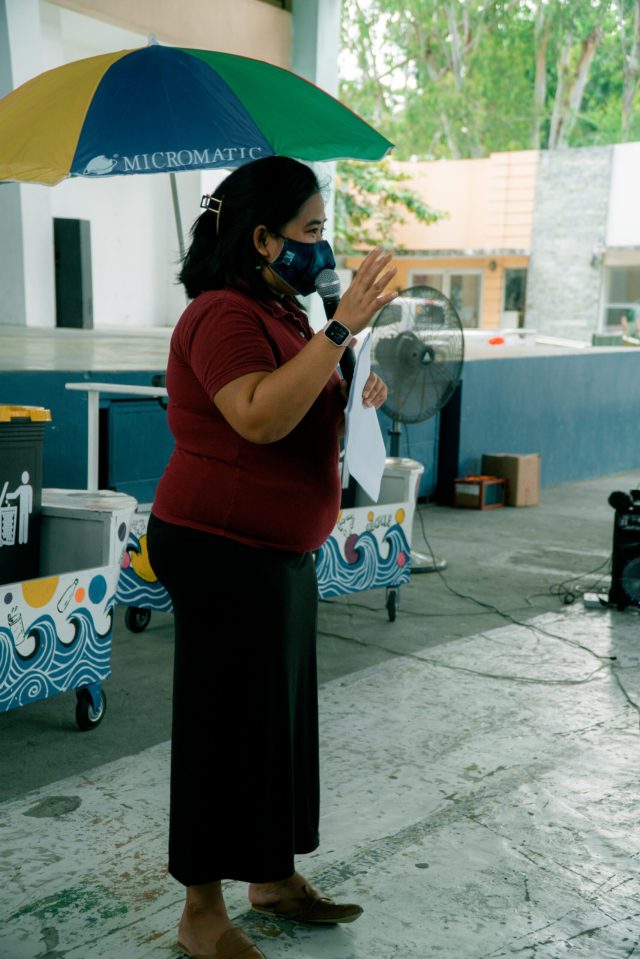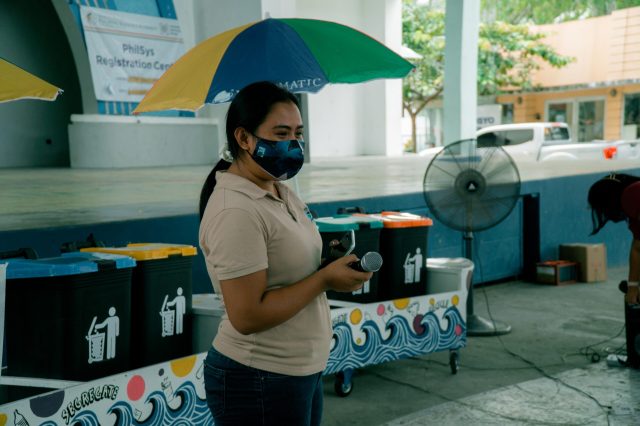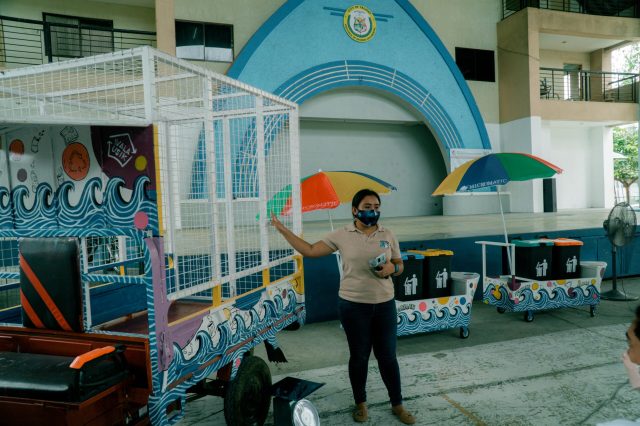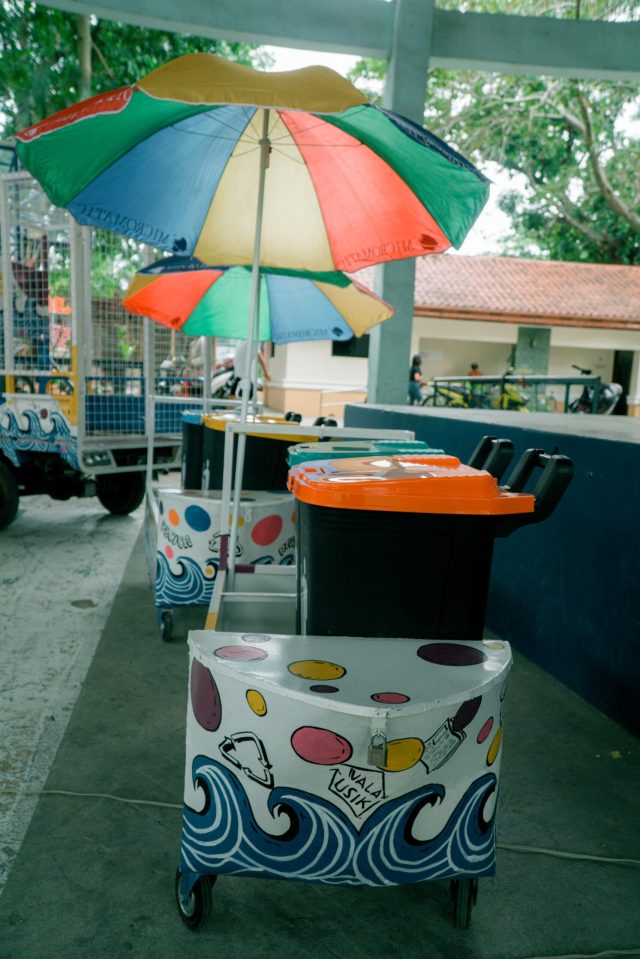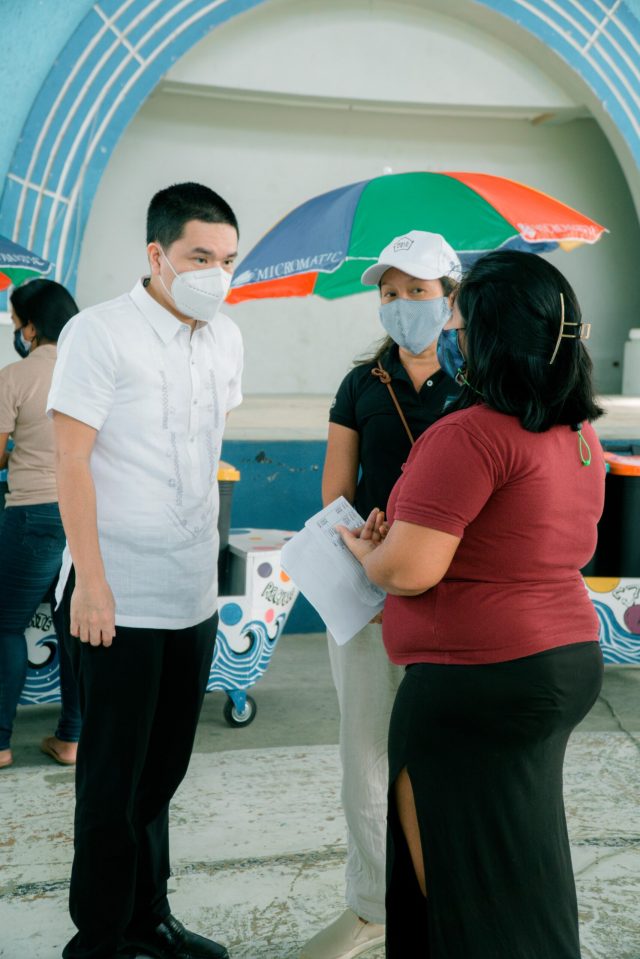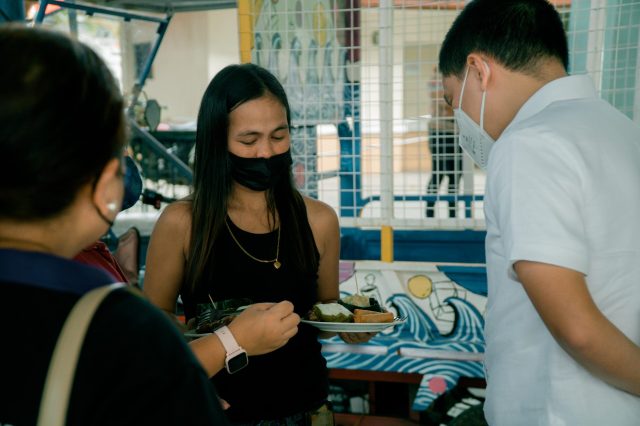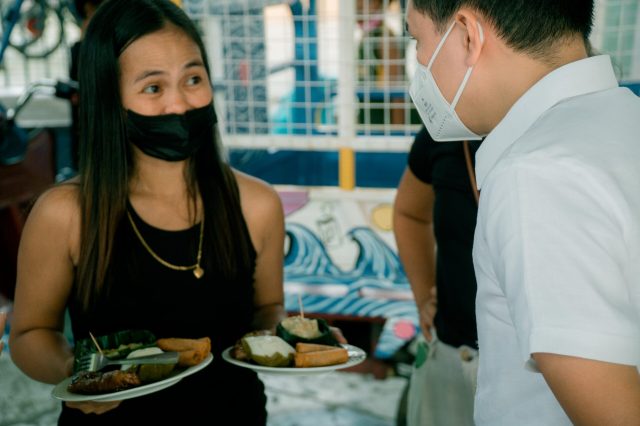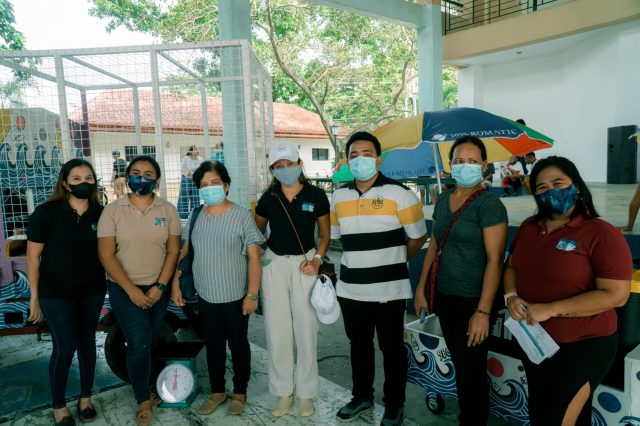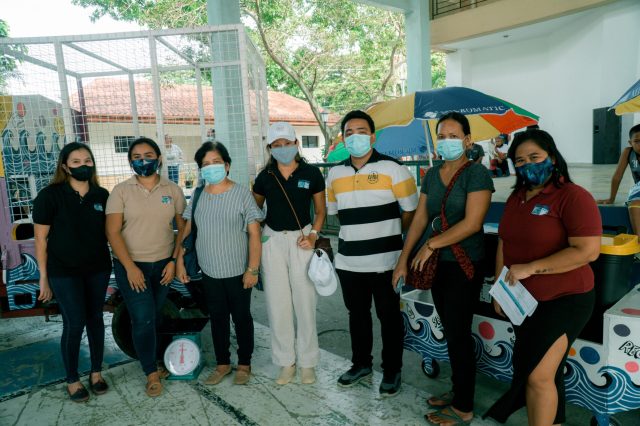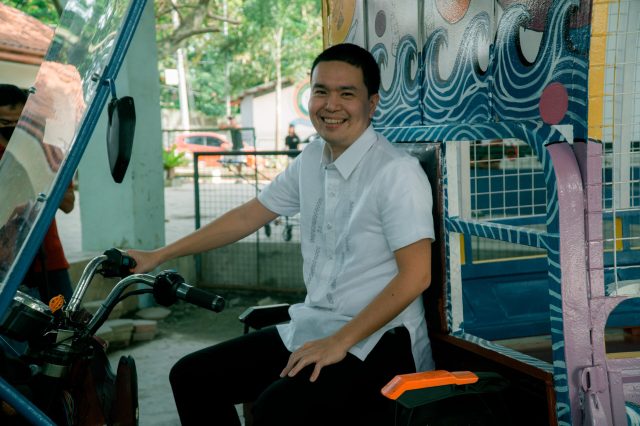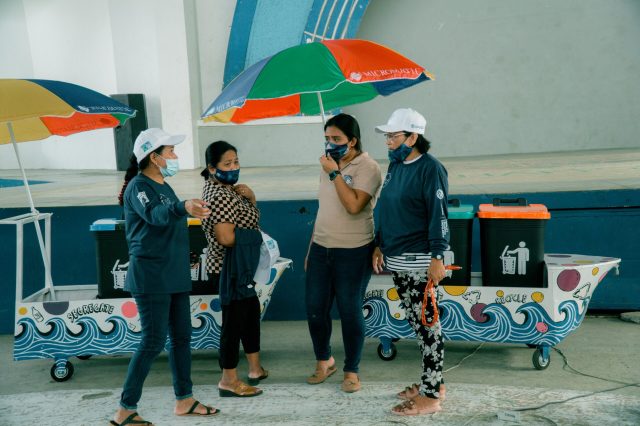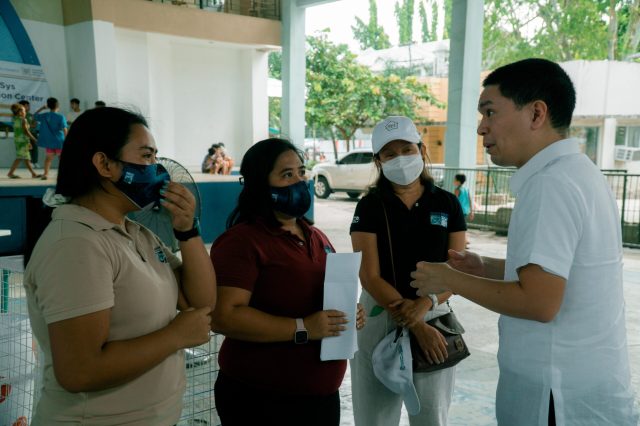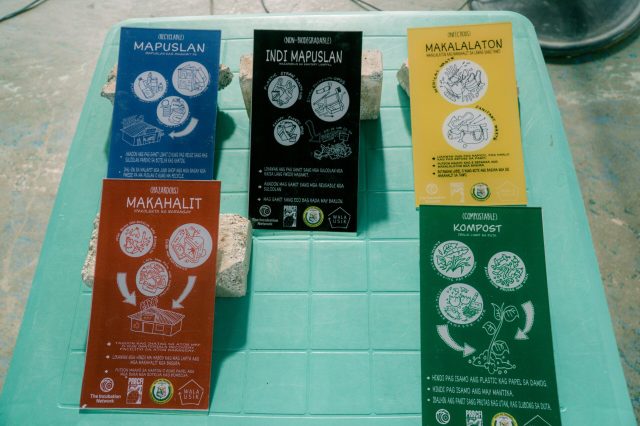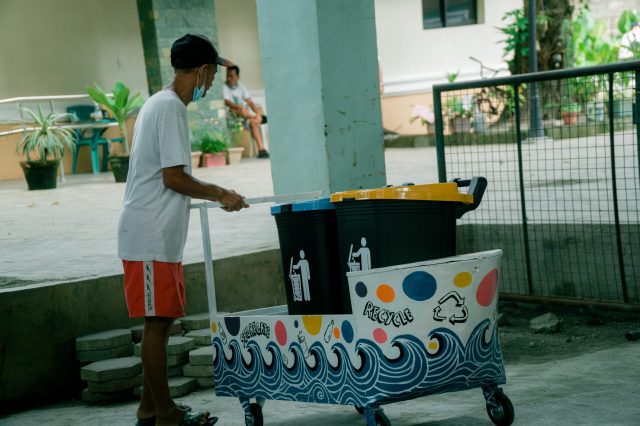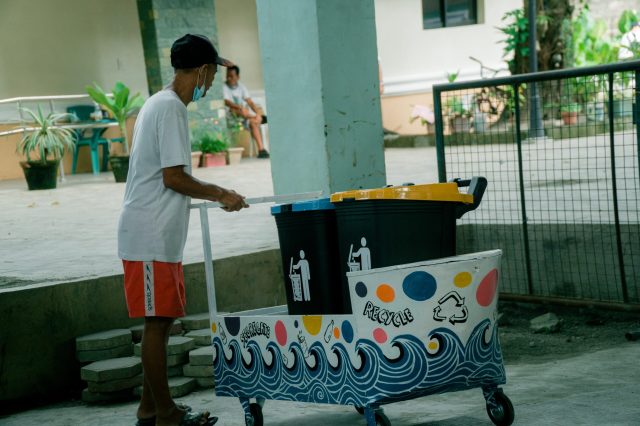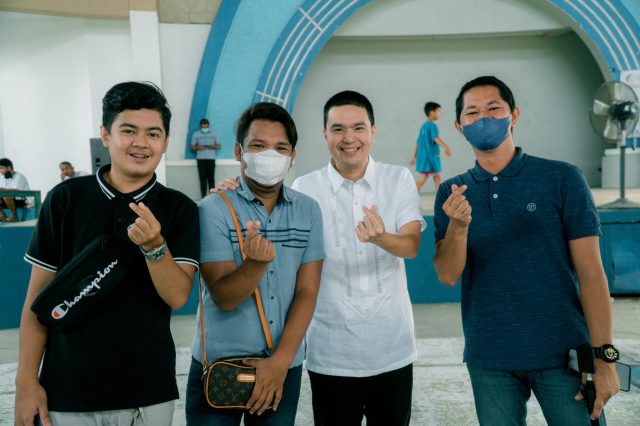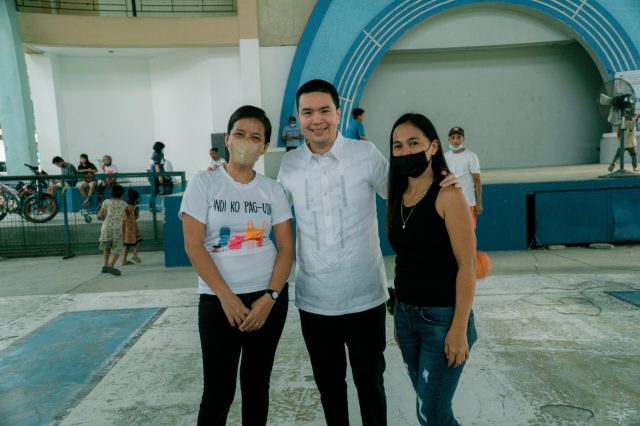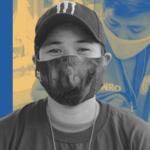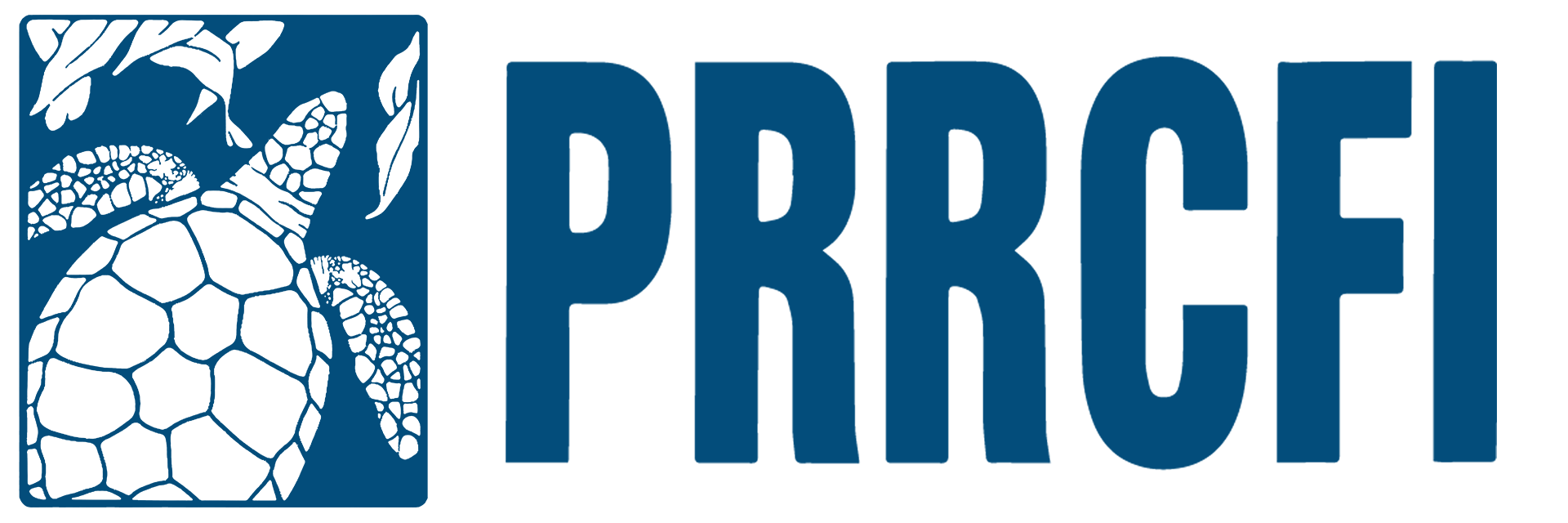Philippine Reef and Rainforest Conservation Foundation, Inc.
WOW Wala Usik
Women on Waste Management for Wala Usik
Solid waste management is considered a pressing global issue calling for an immediate response from the government and its people. The Philippines has a continuously rising amount of waste and is expected to further increase in the succeeding years. As reviewed, associated problems with solid waste management in the country include an increasing amount of solid waste, weak law implementation, scarcity of sanitary landfills, and improper disposal. (Coracero et al.)
The contribution of women can be seen at every stage of the waste value chain, from consumption and disposal, formal garbage collection, street sweeping, recycling and junkshop operation. Women’ role is valuable in waste management, as most waste pickers are women who work alongside the men of their family. Women are usually employed for sorting, cleaning and similar work while men are hired for more labor intensive activity.
As women perform in the waste management sector, they experience the social stigma where it is expected from them to balance the work, domestic demand and child care. They also face financial issues from working in waste management and exposure to possible health and safety issues.
Waste workers are frontline workers (particularly now with the on-going pandemic); they provide essential services to the community and they should not be marginalized, undervalued or unsupported.
The Women Waste Workers for Wala Usik: Co-Designing a Circular Economy or WOW Wala Usik was a short-term project (Nov 2021-Nov 2022) that aimed to increase awareness and inspire action toward gender-responsive waste management programs by the City Government of Talisay in Negros Occidental in the Philippines and their partners, towards buidling a circular economy.
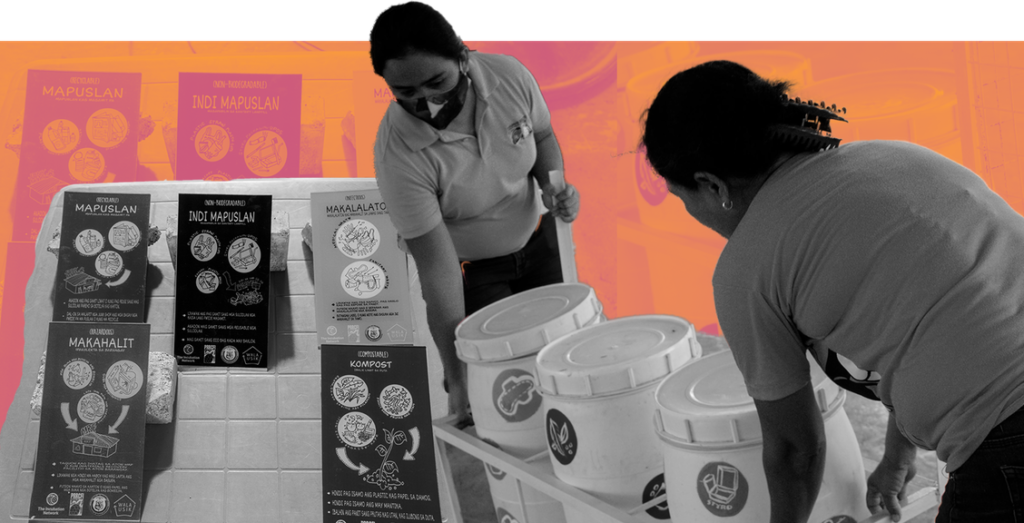
The project provided opportunities for diverse stakeholders in involved in solid waste management (SWM), especially focused on female informal waste workers (waste pickers, street cleaners, junk collectors), the local government in charge of SWM programs and policies, and local civil society organizations and enterprises aligned with circular economy principles and the Sustainable Development Goals.
Philippine Reef and Rainforest Conservation Foundation, Inc (PRRCFI) was motivated to carry out this project because of the momentum it started in 2018 with the homegrown movement for ‘Wala Usik’ – a native phrase used as a cultural reminder to ‘not waste anything’, and to honor the value of materials produced and consumed. In the past 4 years, PRRCFI helped put into place key partnerships for this movement in Negros Island. These have produced valuable prototypes of innovative solutions and knowledge products for waste management and circular economy.
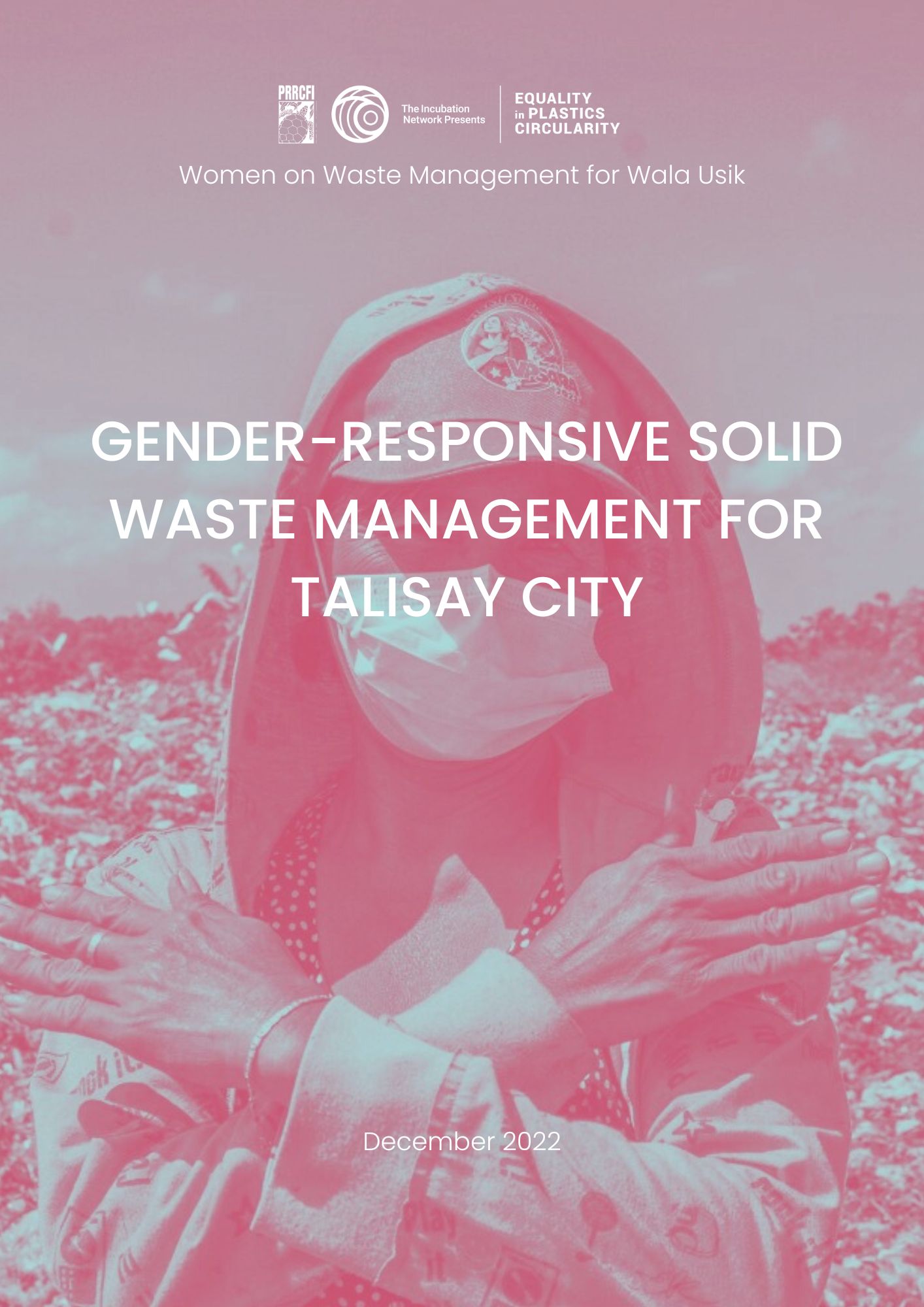
Gender-Responsive Solid Waste Management for Talisay City
The goal of this document is to provide Talisay LGU with a gender-responsive guide as they plan and prioritize SWM efforts for 2023-2024. It is for Talisay LGU leaders and decision-makers to refer to innovative SWM actions to implement and how they can make these more gender-responsive.
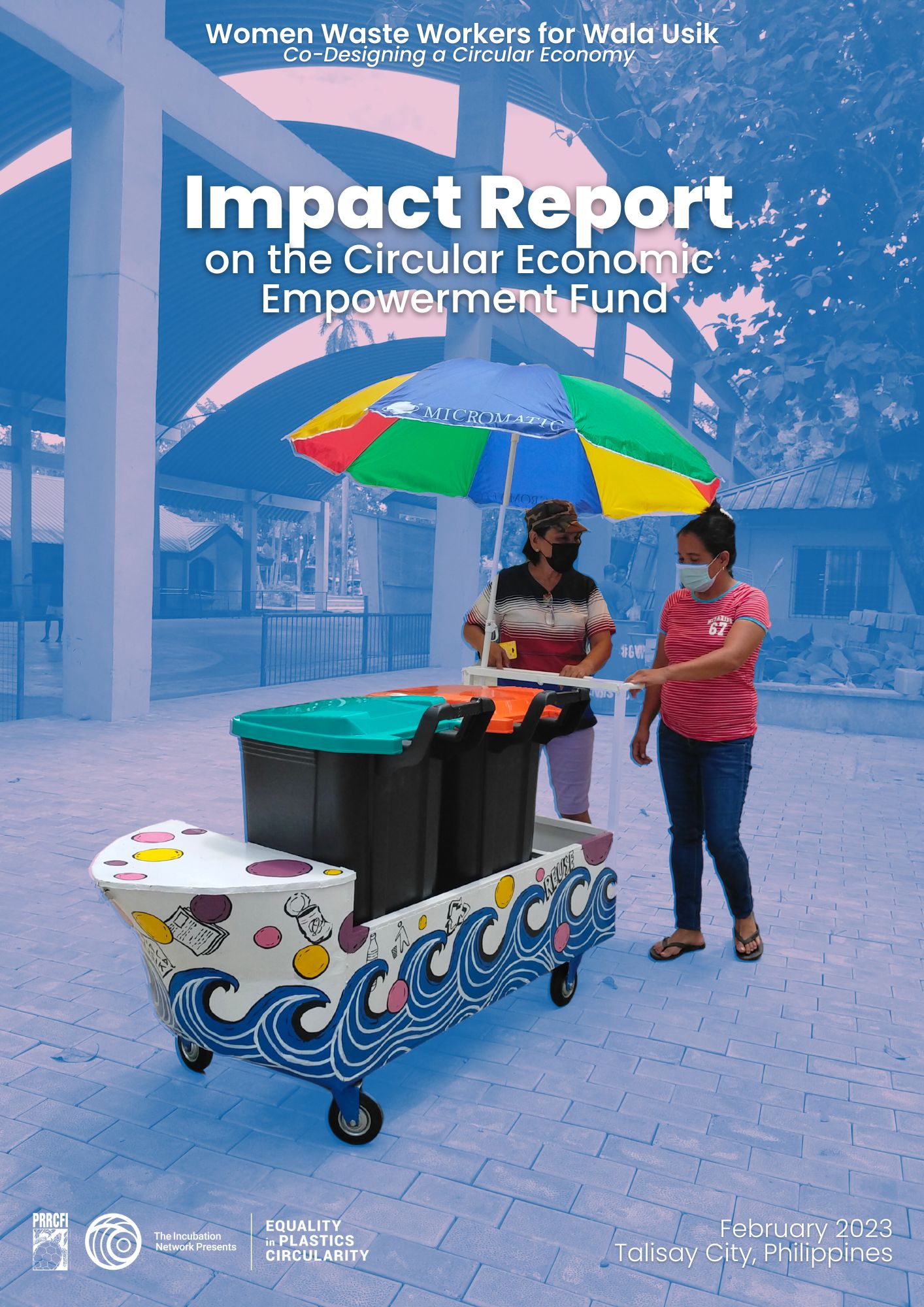
Impact Report
As part of its efforts to generate support for women and men informal waste workers who provide essential frontline services to the community, the project established a Circular Economic Empowerment Fund or CEEF to fund practical solutions born out of waste workers’ collaboration with stakeholders from local governments, the academe, and the private sector which was facilitated through a design thinking process, where empathy is the first step to identify aspects of women waste workers’ jobs that can be improved.
Newsletter

Reimagining waste management with Talisay's waste workers
The deployment of these innovations aims to assist and capacitate Talisaynon informal waste workers in their daily operations. The goal is for them to become more dignified and effective in doing their jobs while also building their cnofidence and ability to take leadership in their community.
Photo Gallery
Empathy and Learning Exchange Visit
A trip to remember!
Our waste workers went to San Carlos City and Mun. of Binalbagan to learn and experience their technology, waste management practices and local gender policies.
Waste workers went to visit the San Carlos City Public Market and Sanitary Landfill, where a No Plastic policy is implemented in the City. They also visited the Blastik Project run by Peacepond, where they saw and experienced upcycling of plastic wastes.
Launching of Waste Innovations
After months of dialogue, data-gathering, ideation and initial testing phases, we’ve finally launched these waste management innovations that our partner Talisay waste workers co-designed themselves.
The goal of this effort is to assist them in their daily grind, so that they become more dignified and effective in their jobs. These solutions are born out of waste workers’ collaboration with stakeholders in a design thinking process, where they identified aspects of their job that can be improved.
Videos
Stories of Waste Workers
“
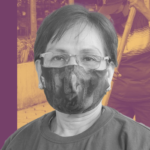
Ang basura gale, indi lang ya basura. Makabuhi [ini} sa aton kung wala nata ikasarang mag ubra… Mabuhi gd kita,bisan paano.
Amelita Malacad
“
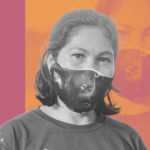
Ang basura gale pwede mapuslan. Gina apply ko na subong sa akon kabuhi. Ang mga plastic, pwede gale mahimo mga wallet, aritos.
Mary Grace Camalon
“
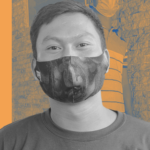
Mahaklo mo ang baho kag ka init. Ara tanan. […] Mapilas ka pa sa mga botelya kag stick ka barbecue. Amo na nga kabudlay.
Anthony Lutrago
“
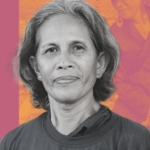
Mas mayo pa gani sa basurahan ko. Kung gusto namon magpahuway kay tam-an ka init, makapahuway kami.
Venus Dorin
“
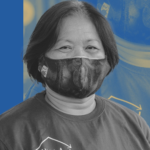
3 years na ako nga casual [worker]. Pasalamatan ko gid na nga nag amo ko na.
Alma Oquias
“
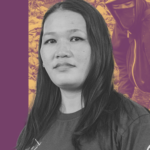
Indi ko gusto mag parihas [ang kabataan ko] sa akon. Gusto ko may bwas gid sila.
Rubelyn Pertis
“
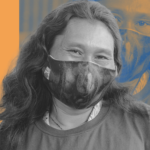
Kung damo ariya, kanugon man magpahuway. Bsian alas dose gaukay pa kami [para] maka income ka gid.
Marivic Lutrago
“
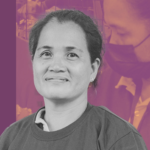
Kung wala ko inug-plete, indi gid ko kakadto sa Talisay. […] Plete lang na ang P100.
Madonna Gardoce
“
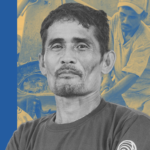
Indi gid ka igo [ang ginaganar]. Masobra gid ang gastuhon mo sa pang adlaw adlaw.
Joseph Jallorina
“
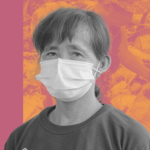
Wala gid namon ginakahuya [ang pamasura]. Tuod tuod gid na. Proud kami ya.
Jocelyn Opeña

